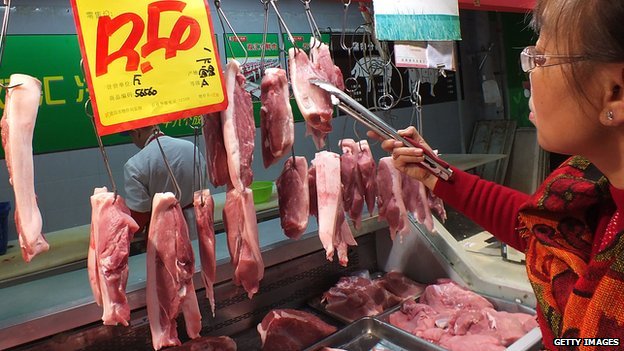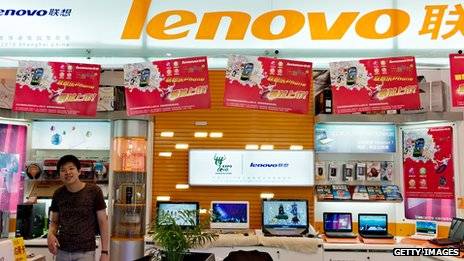- Aug 16, 2011
- 128,235
- 24,223
- 2,180
So, it seems that the PRC's brilliant strategy for dealing with the dispute over the Senkaku Islands is now to make the most clumsy, transparent noise possible about Okinawa really belonging to China. The super, super clever idea that no one could possibly see through is to make that a big enough issue that they may be 'conceded' the Senkakus in some sort of settlement that they graciously agree to in the end.
This is some top-level diplomatic slight-of-hand alright!
This is some top-level diplomatic slight-of-hand alright!



